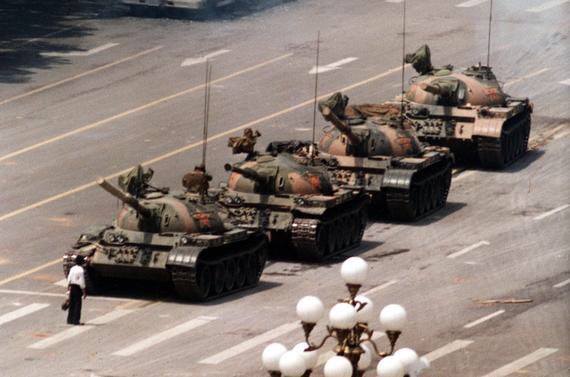Tiananmen – that which should not be named. A word so frightening and dangerous that the Chinese Communist Party (CCP) goes to great lengths to purge from public consciousness. Yet another anniversary is about to pass us by, but this year’s is significant in one respect: it is the first time that Hong Kong has banned mass vigils.
Why is this a watershed moment?
For decades now, the CCP has scrupulously wiped out every single trace of Tiananmen from the collective knowledge of the Chinese people. This left the island of Hong Kong, operating as a semi-autonomous region 1900 km south of Beijing, as a keeper of its memories and a witness to its history. It was the one place in the People’s Republic where its human toll could be contemplated, where its grief could be expressed, and where the hopes for Chinese democracy could be aired.
This year, for the first time since 1989, no public memoriam of Tiananmen’s anniversary is legally allowed to take place in Hong Kong, essentially solidifying the growing impression of China’s increasing assertiveness. This comes at a time when Hong Kong has become a menace to China, as mass protests pushing for Beijing to honor its word and grant Hong Kongers their dignity and freedom, have posed a challenge that, for Xi’s government, is reminiscent of the same struggle symbolized by Tank Man.

Tank Man. 31 years later and his identity and fate remains a mystery. Why do we fetishize the image of this unknown hero so much?
In him, we see the power of an individual standing up to a militarized state. We see the spirit of punk rock, of rebellion. We see the juxtaposition of peaceful resistance against an instrument of war. Carrying two plastic bags full of groceries, we see this man as a symbol of Plebeian radicalism, with nothing but the enormous courage to stop not just one tank but an army. In him, we see the human soul’s yearning to be free.
The reasons we have elevated this image to iconic status are precisely the same reasons that compel the Chinese Communist Party (CCP) to scrupulously scrub it from its firewalled internet, to purge all mention of the event that it is most closely associated with – the Tiananmen Square massacre. In many ways, China’s state-induced collective amnesia is unprecedented in our modern times and impressive at this massive scale. But why, why is Tiananmen so threatening to the Party and its new President for Life?
For starters, the events of June 4th exposes the CCP and would convince the people to doubt its legitimacy. How fragile is its authority and the social contract between the governed and the government that such knowledge has the potential to foment political instability? But even more insidiously, the total erasure of the memories of the Tiananmen massacre ensures that the desire of the Chinese people for freedom and democracy remain repressed, so that the myth of Chinese incompatibility with “Western-style” freedom remains firmly entrenched. This only serves to consolidate the CCP’s power, and as we have seen unfailingly, absolute power absolutely corrupts.
Will there be a day of reckoning, where the CCP will finally have to acknowledge the truth? And what of the fate of Tank Man, which only the regime has full knowledge of? Onto this enduring symbol of defiance and tragedy, all freedom-loving people are wont to project all hopes and convictions.
Inside China, history may be rewritten. The carriers of Tiananmen’s memory in Hong Kong may have gone dark. But it’s up to the rest of us outside who still have our voice to ensure it remains true, and is never forgotten. All that is good about the human spirit was captured in this one picture.

